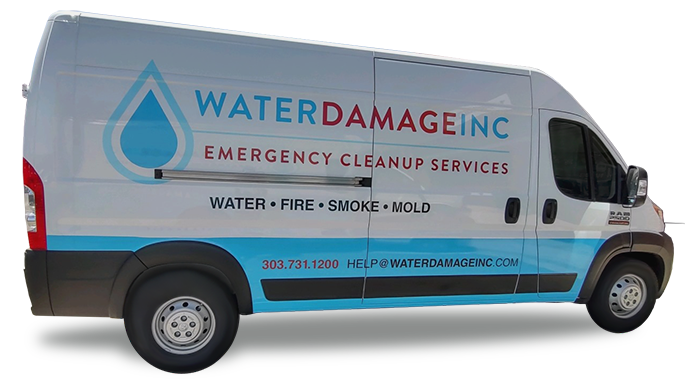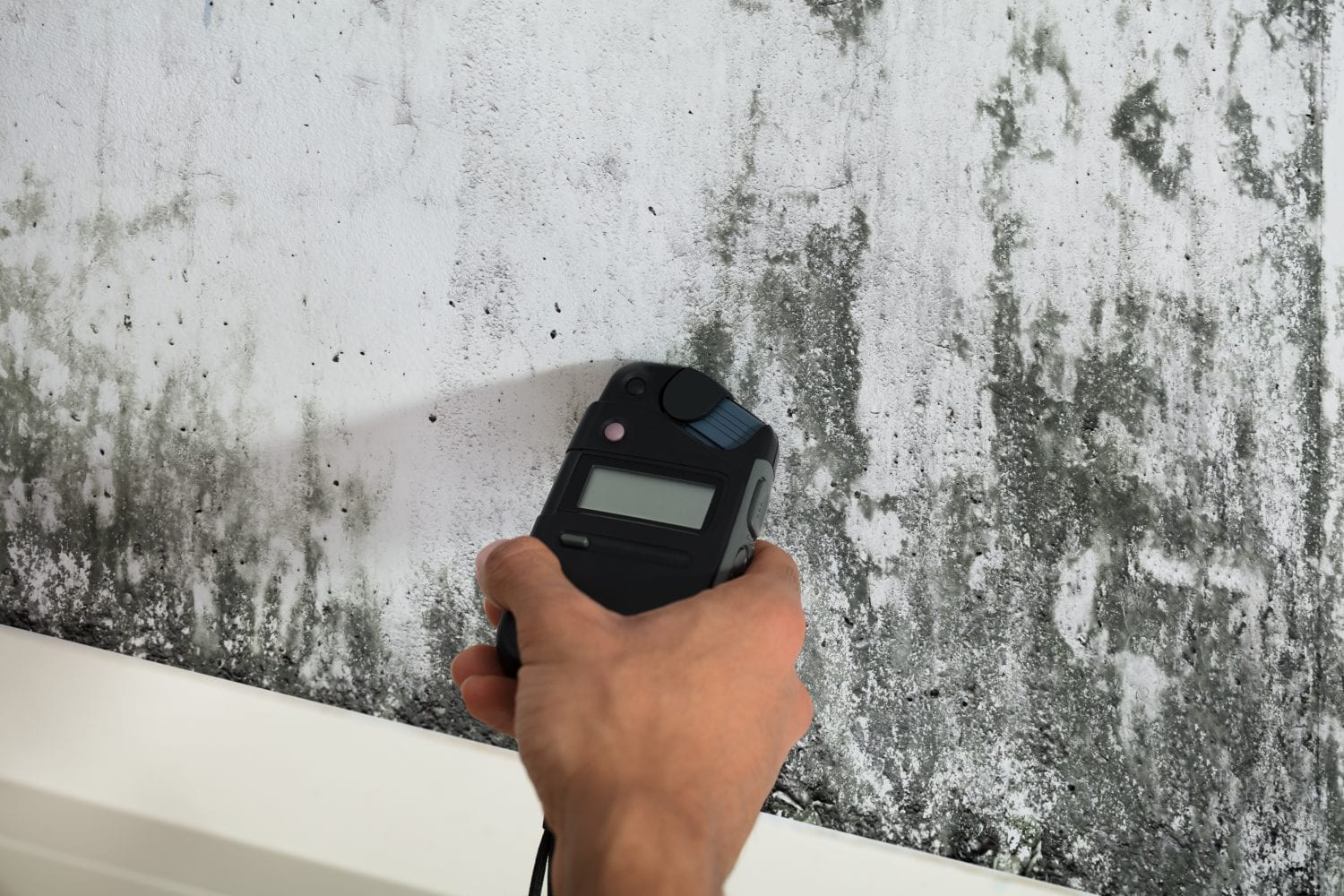Mold in heating, ventilation, and air conditioning (HVAC) systems is a big problem. It can make people sick, mainly those who are sensitive or allergic. Being around mold can cause many health issues.
In the United States, mold in HVAC systems is a common issue. It’s important to find and fix it quickly. A moldy HVAC system can make the air inside your home unhealthy. This puts everyone living there at risk.
Key Takeaways
- Mold in HVAC systems can cause health issues, specially for sensitive individuals.
- Identifying mold in air vents is key for keeping the air inside clean.
- A mold inspection can spot problems early, before they get worse.
- Acting fast is important to avoid health dangers from mold.
- Regular upkeep can stop mold from growing in HVAC systems.
Understanding HVAC Mold Problems
It’s important to know why mold grows in HVAC systems. This knowledge helps prevent and fix mold issues. Mold in air ducts and HVAC systems can harm your health and make the system less efficient.
Mold in HVAC systems comes from several causes. High humidity and changing weather are big factors. In humid areas, moisture builds up in HVAC systems, perfect for mold.
How well a system is designed and maintained also matters. Bad design or poor upkeep can cause moisture buildup. This leads to mold growth. For example, if air ducts aren’t well-insulated or if there are leaks, moisture can get in and cause mold.
Key Factors Contributing to HVAC Mold Growth in Denver, CO
- High humidity levels
- Poor system design
- Inadequate maintenance
- Leaks or condensation within the system
Where you live and the building’s design can also affect mold growth. Coastal areas often have higher humidity, making mold more likely. Older buildings might have outdated HVAC systems, making them more prone to mold.
To stop mold in Denver HVAC systems, we need to tackle these issues. Regular checks for leaks and ensuring good insulation can help. Knowing your local climate and building type can also guide better HVAC design and upkeep.
How to Tell if Your Denver HVAC System Has Mold?
If your HVAC system smells musty, it might mean mold is growing inside. Mold smells like damp soil or decay. This smell is quite distinct.
Visible Mold and Musty Odors in CO
Seeing mold or smelling musty odors is a clear sign. Look for black spots on vents, ducts, and parts of your system. These signs often come with a strong, bad smell.
To check your Denver HVAC for mold, follow these steps:
- Turn off your HVAC system before inspecting the vents and ducts.
- Look for mold growth on vents, ducts, and coils.
- Check for dust, as it might look like mold.
- If you think there’s mold, get a pro for hvac mold testing to confirm.
Mold in your air conditioning unit is a big problem. It can spread mold spores all over your home. Keeping your air conditioning clean and checked is key to avoiding mold in air conditioning unit issues.
Addressing and Preventing HVAC Mold Issues
Mold in HVAC systems can be tackled with the right steps. First, find and fix the source of the problem. This is often a water leak or high humidity.
Finding where mold starts can be hard. But, it’s usually near water leaks around the air ducts or the HVAC system. Look for moisture or water damage in these areas.
Preventative Measures for HVAC Mold in Denver, CO
To stop mold in your HVAC system, take action early. Here are some steps to help:
- Regular maintenance: Get a pro to check and fix your HVAC system often.
- Humidity control: Use a dehumidifier to keep humidity low, which stops mold.
- System design: A good HVAC design helps by ensuring airflow and drainage.
- Air duct cleaning: Clean air ducts often to remove mold spores and stop them from spreading.
Using mold remediation products or hiring a pro can also help. For DIY, mix water and bleach to kill mold. But, be careful to avoid exposure.
By taking these steps, homeowners can lower mold risks in their HVAC systems. This makes for a healthier home.
Conclusion
Finding mold in Denver HVAC systems is very important. It helps keep the air inside your home clean and safe. Knowing the signs of mold and acting early can help your HVAC system work well and safely.
Regular checks and upkeep are vital. They help spot mold issues before they get worse. If mold is found, getting help from a mold expert is a must.
Mold in your HVAC system can harm your air quality. To keep your home and health safe, get help from a mold removal service.
Restore & Renew with Water Damage Inc. in Denver, CO
Water damage? Mold? Don’t wait—Water Damage Inc. offers fast response, precise remediation, and compassionate service to bring your Denver home back to pre-loss condition. Contact us now for emergency support and a free estimate!







